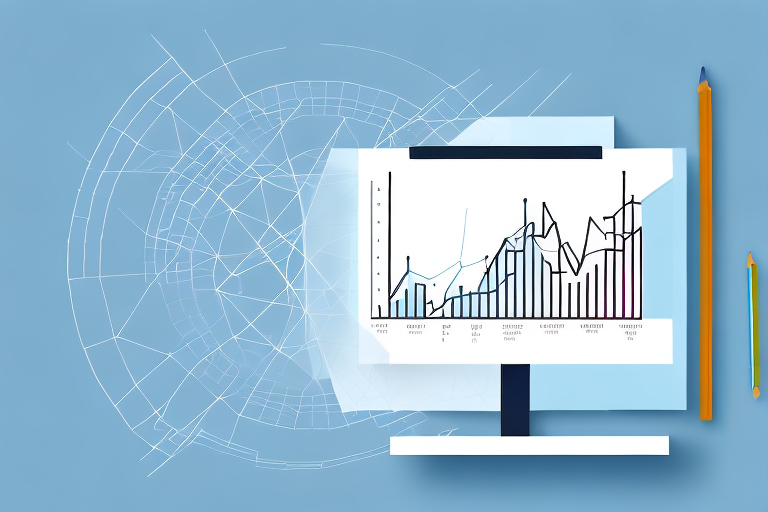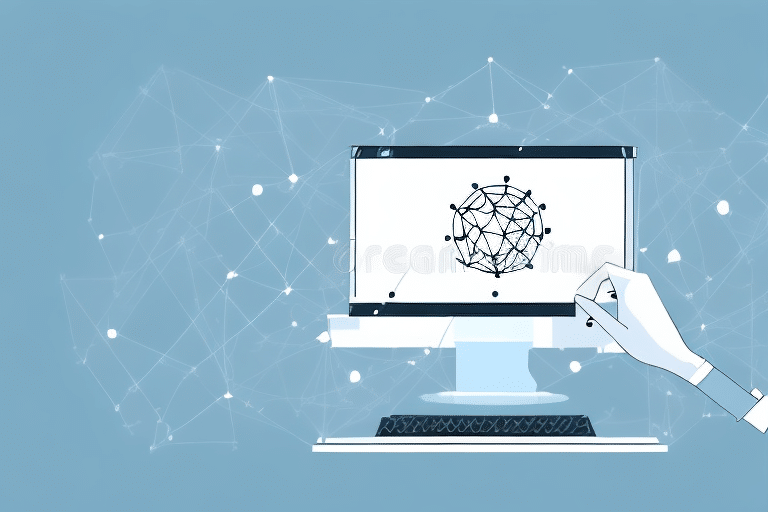The Global Economy: Strategies for Post-Pandemic Recovery
The COVID-19 pandemic has fundamentally altered the global economic landscape, causing significant disruptions across various industries. As we navigate the path to recovery, it is essential to implement effective policies and strategies that promote sustainable growth and resilience. This article delves into the current economic conditions, the impact of the pandemic, and the measures necessary for a robust recovery.
Understanding the Current Economic Landscape
The pandemic triggered one of the most severe economic downturns since the Great Depression. According to the International Monetary Fund, the global economy experienced a contraction of approximately 3.1% in 2020, with lingering effects continuing into 2023.
Impact on Major Industries
- Travel and Hospitality: Travel restrictions and health concerns led to a dramatic decline in tourism, resulting in widespread layoffs and business closures.
- Retail: Brick-and-mortar stores faced significant challenges due to reduced consumer spending and supply chain disruptions.
- Entertainment: Movie theaters, concert venues, and sports events suffered from closures and limited capacity, affecting revenue streams.
Shifts in Consumer Behavior
The pandemic accelerated the shift towards digital platforms, with a notable increase in online shopping, remote work, and digital communication tools. This transition has had lasting effects on consumer preferences and business operations.
Government Policies and Stimulus Measures
In response to the economic fallout, governments worldwide implemented a range of policies and stimulus packages aimed at mitigating the impact and fostering recovery.
Monetary and Fiscal Policies
- Interest Rate Adjustments: Central banks slashed interest rates to encourage borrowing and investment.
- Quantitative Easing: Large-scale asset purchases were undertaken to inject liquidity into the economy.
- Direct Cash Transfers: Governments provided financial support directly to individuals and businesses to sustain spending and operations.
Support for Specific Sectors
Targeted assistance was extended to particularly hard-hit industries such as tourism, hospitality, and small businesses through grants, subsidies, and tax relief measures.
The Role of Small Businesses in Economic Recovery
Small businesses are pivotal in driving economic growth and job creation. Their resilience and adaptability make them critical players in the post-pandemic recovery.
Government Support Initiatives
- Low-Interest Loans: Providing affordable financing options to help businesses navigate cash flow challenges.
- Regulatory Relief: Simplifying procedures and reducing bureaucratic hurdles to facilitate business operations.
Community and Consumer Support
Encouraging consumers to shop locally and invest in community businesses can bolster small enterprises and contribute to sustainable economic growth.
Key Industries Driving Economic Growth
Certain industries have demonstrated significant potential to drive economic recovery and sustain long-term growth.
Renewable Energy
Investment in renewable energy sources not only addresses environmental concerns but also creates numerous job opportunities.
Digital Technology
The surge in demand for digital solutions during the pandemic underscores the importance of technology in modern economic frameworks.
Healthcare
Enhanced focus on healthcare infrastructure and services is essential for addressing current and future public health challenges.
Education Sector
Advancements in educational technology and remote learning tools present opportunities for growth and innovation within the sector.
Investing in Infrastructure for Sustainable Growth
Infrastructure investment is a cornerstone of economic recovery, offering both immediate job creation and long-term benefits.
Benefits of Infrastructure Development
- Job Creation: Construction and development projects provide employment opportunities across various skill levels.
- Economic Efficiency: Improved transportation and communication systems enhance productivity and reduce operational costs.
Sustainable Infrastructure
Focusing on renewable energy infrastructure and sustainable projects can contribute to a greener economy and reduce environmental impact.
Addressing Unemployment and Income Inequality
High unemployment rates and income disparities pose significant challenges to economic stability and growth.
Impact of Unemployment
Unemployment reduces consumer spending, lowers tax revenues, and increases social welfare costs, further straining the economy.
Strategies to Mitigate Unemployment
- Job Creation Programs: Investing in sectors with high growth potential to generate new employment opportunities.
- Education and Training: Providing skill development programs to equip the workforce with relevant capabilities for emerging industries.
Reducing Income Inequality
Implementing progressive tax policies and expanding social safety nets can help bridge the income gap and promote inclusive growth.
Building a Resilient and Sustainable Economy
The pandemic has underscored the necessity of developing an economy that is both resilient to shocks and committed to sustainability.
Long-Term Economic Strategies
- Innovation and Entrepreneurship: Fostering a culture of innovation to drive economic diversification and competitiveness.
- Public-Private Partnerships: Leveraging collaboration between the government and private sector to address complex economic challenges.
Sustainable Development Practices
Promoting renewable energy, reducing greenhouse gas emissions, and investing in public goods such as healthcare and education are essential for sustainable economic progress.
In conclusion, while the COVID-19 pandemic has posed unprecedented challenges to the global economy, strategic policies and investments can pave the way for recovery and sustainable growth. By focusing on job creation, supporting small businesses, investing in key industries and infrastructure, and addressing unemployment and income inequality, we can build a more resilient and prosperous economic future.








